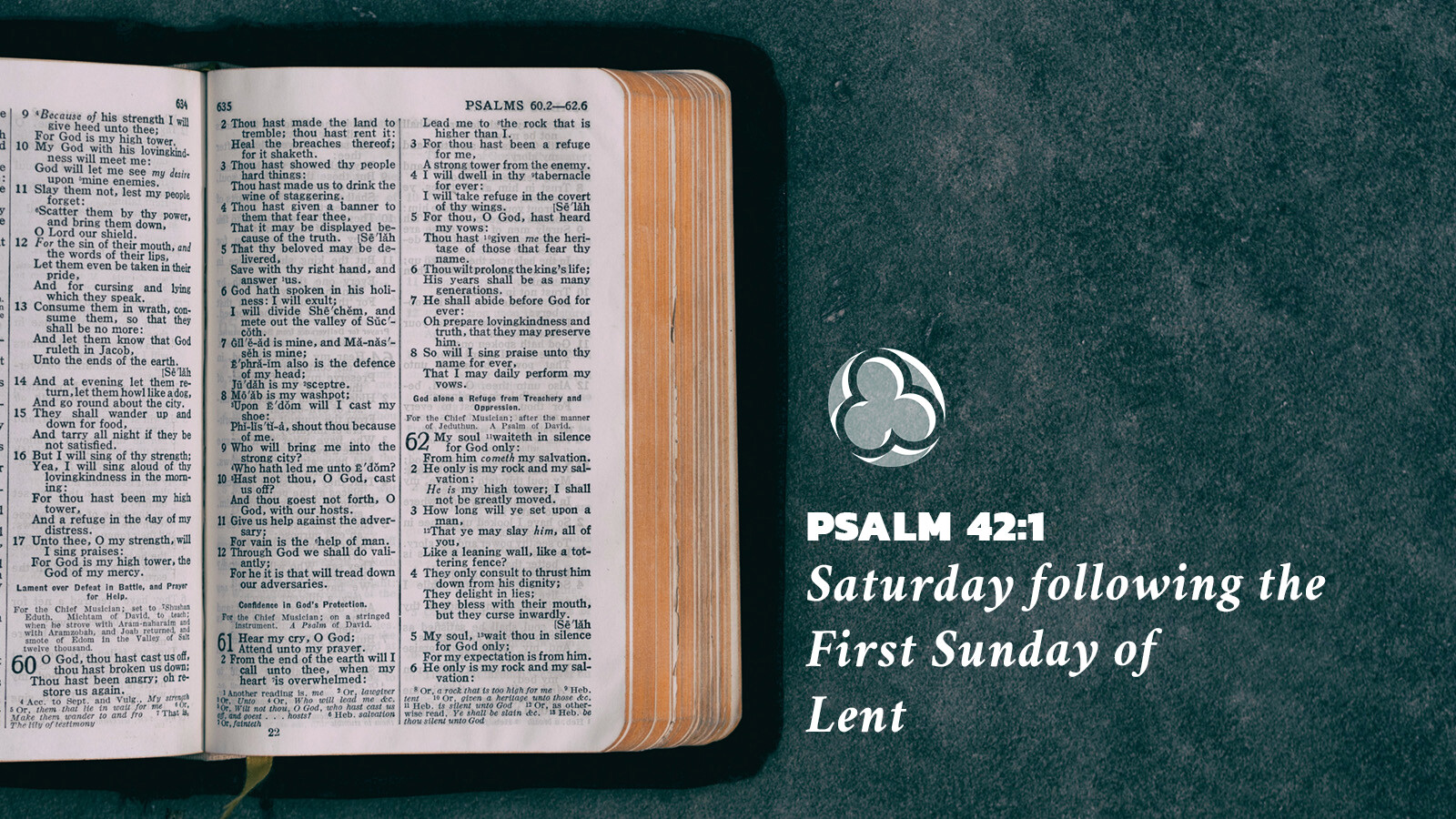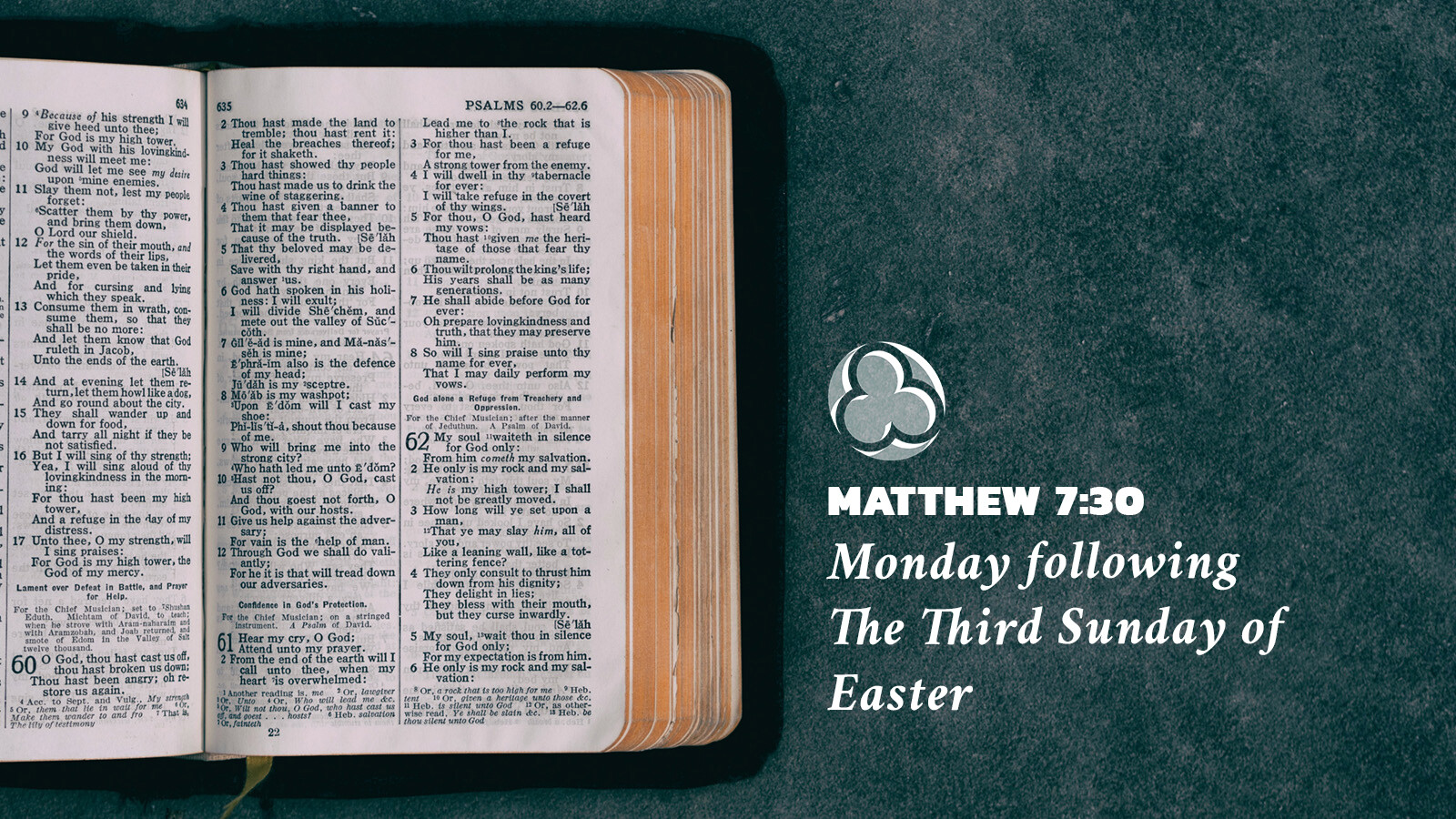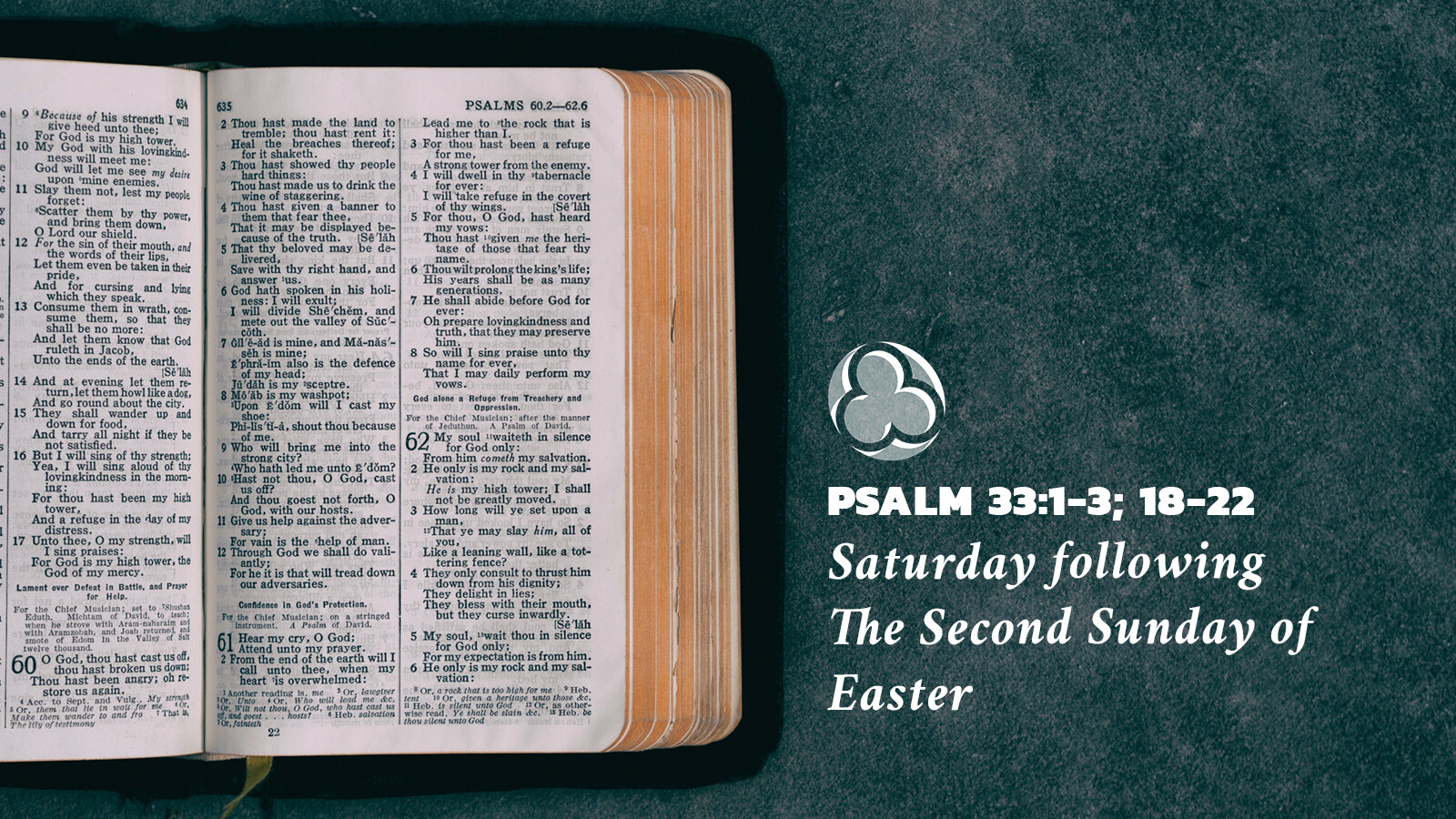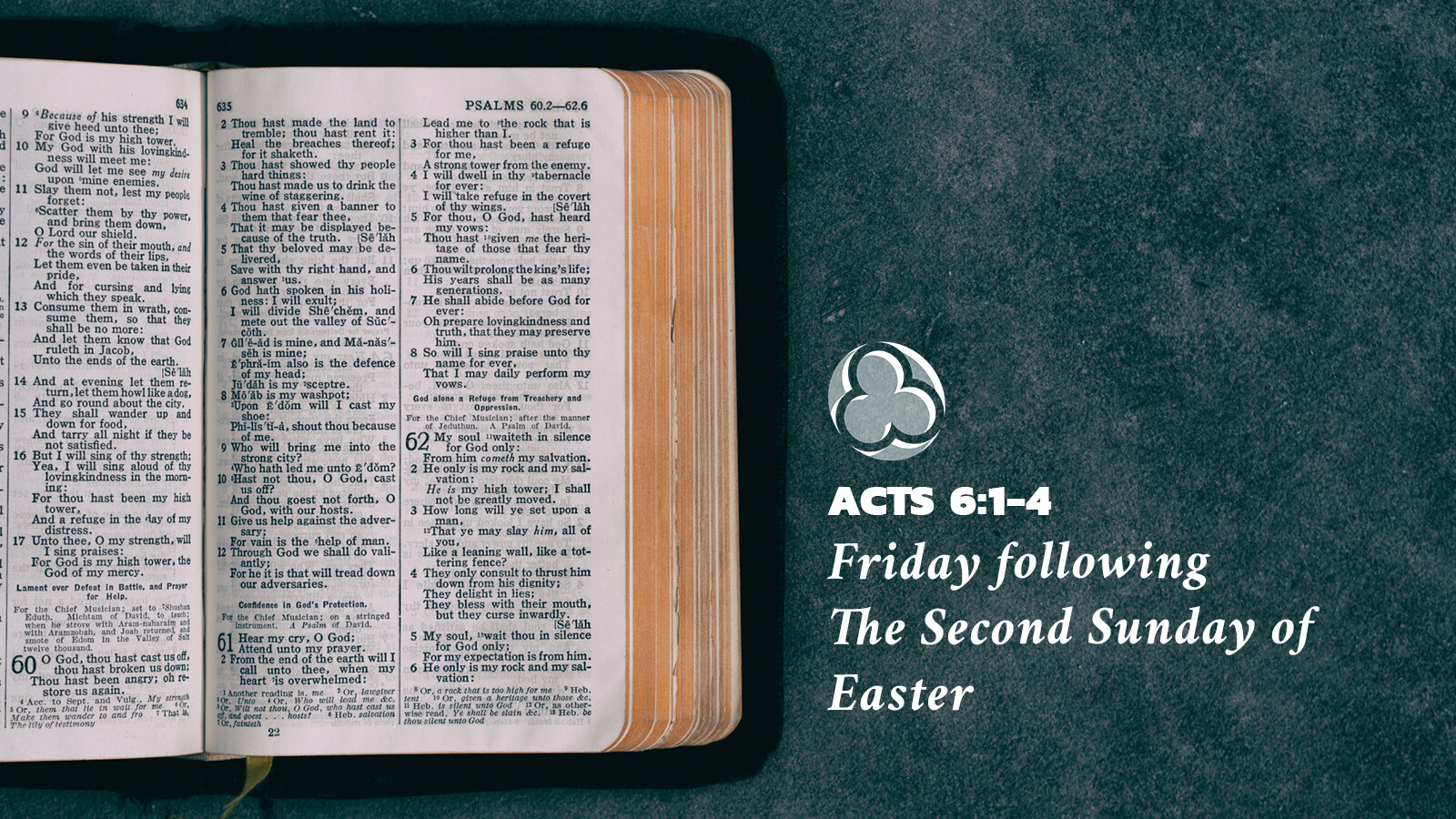
A Samaritan woman came to draw water, [from Jacob’s well] and Jesus said to her, ‘Give me a drink’.The Samaritan woman said to him, ‘How is it that you, a Jew, ask a drink of me, a woman of Samaria?’ (Jews do not share things in common with Samaritans.) Jesus answered her, ‘If you knew the gift of God, and who it is that is saying to you, “Give me a drink”, you would have asked him, and he would have given you living water…Everyone who drinks of this water will be thirsty again, but those who drink of the water that I will give them will never be thirsty. The water that I will give will become in them a spring of water gushing up to eternal life.’ The woman said to him, ‘Sir, give me this water, so that I may never be thirsty or have to keep coming here to draw water.’
The woman said to him, ‘I know that Messiah is coming’ (who is called Christ). ‘When he comes, he will proclaim all things to us.’Jesus said to her, ‘I am he, the one who is speaking to you.’
-John 4:7-15, 25-26
This scene takes place at Jacob’s Well, an important site of Jewish patriarchal history. It is high noon, the hottest part of the day. The woman with whom Jesus engages is Samaritan, a people from whom “proper” Jews kept their distance. She has not come in the cool of the morning with the other women, because even among her own culture she is an outcast. She is not the proper wife of the man for whom she fetches water and keeps house. She is a kept woman. In his omniscience, Jesus knows all this, and it is why he seizes the moment.
“Give me a drink.” How direct Jesus is with this woman at a sacred well because it is where he does his most penetrating work; where everything is broken or on its head; where suffering, oppression, and shame are just under the surface.
John was writing into a time of heresies that sought to deprive Jesus of his humanity. To set the record straight it is not surprising that John calls upon the very human, visceral metaphor of water and thirst to connect us with our yearning to be spiritually nourished through Him. We cannot live without water, and our bodies scream in thirst when we are deprived of it.
“Give me a drink” is a statement that might have been expressed saying, “I am thirsty.” Forget what goal I declared for my Lent, for my time in the wilderness; as my forty days unfold, I need to be asking, “For what do I thirst?”
I imagine myself at a sacred pool and I encounter a man who is frightfully magnetic. He is someone I cannot ignore, yet at some level he scares me. He has the beautiful, deeply empathetic eyes of God; unblinking he looks into my soul.
“What do you seek here?” he asks. “I’m just thirsty...” I answer, looking at the surface of the water. He tilts his head, knowing I have more. “…and I have questions.”
“I know...” he follows.
I continue, “For what am I truly thirsty? Who does my Savior want me to be?“
The man with the eyes of God says, “You have dared to speak with the language of the heart with a stranger at a well. Continue your journey in this wilderness, and your Savior will give you the answer, my friend.” I hold our gaze; he adds, “Because I am he, the one who is speaking to you.”
I need to be prepared for the certainty of that encounter. Before Good Friday I need to have answered my Lord and myself, before he says to me from the cross, "I am thirsty."
Musical Reflection - Cyrillus Kreek, From Heaven Above to Earth I Come
Jesus, help me to know my own Thirst, that I may answer you with a true and humble heart when we meet. Amen.






Login To Leave Comment